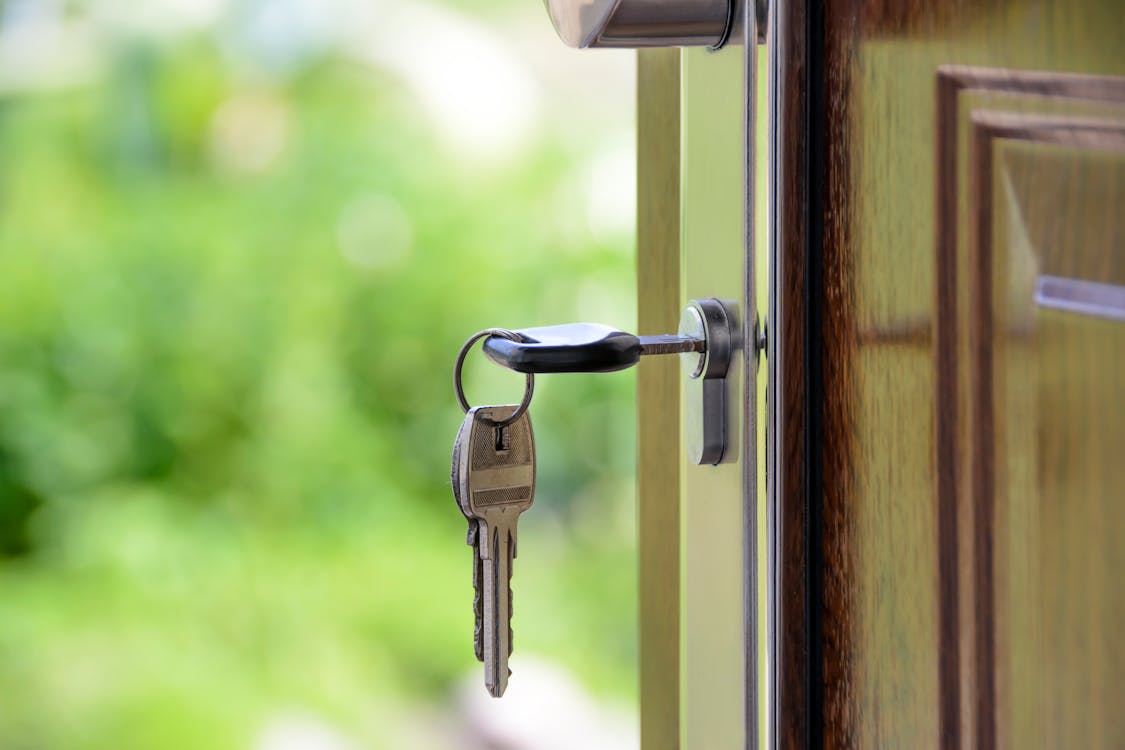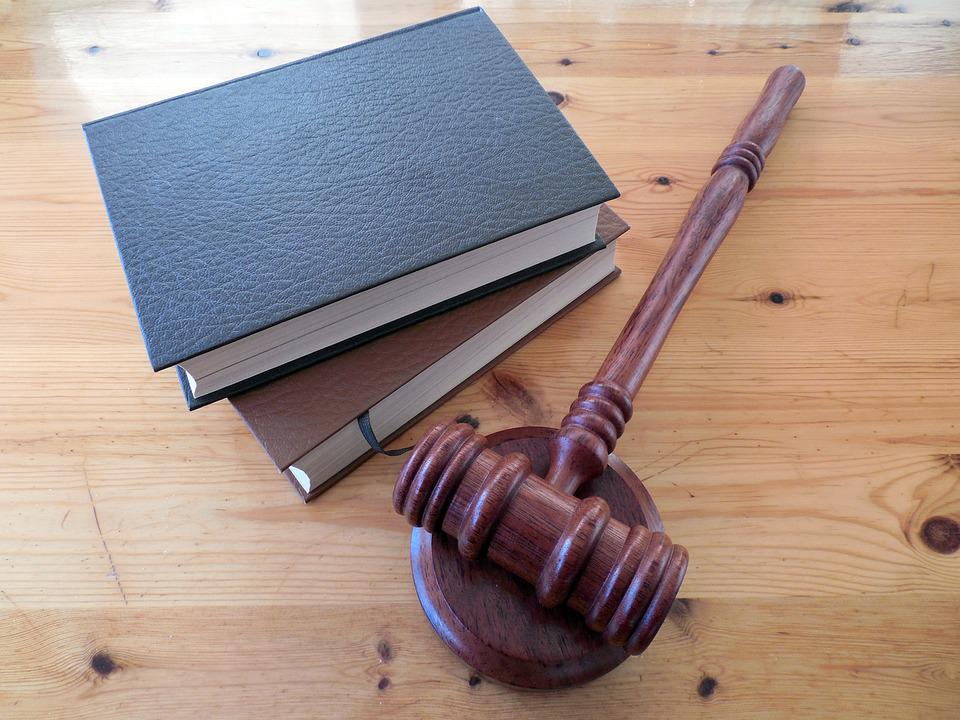The divorce rate in Australia rose to a high of 51.92% from 1960 to 2005. In 2018, it fell again to 32.94%. This means that there is one divorce for every three marriages in Australia.
But what does a divorce mean for joint assets and especially for the house? BOXIE24 explains the process and the division of assets in the event of a divorce.
Divorce: marriage contract or community of accrued gains
If you have signed a notarised marriage contract or prenuptial agreement, the divorce is slightly different from a normal one. The details of dividing shared belongings were specified in the marriage contract, so in these cases the marriage contract is leading.
Usually, there is no signed marriage contract, and therefore you live as a married couple in the matrimonial property regime of community of accrued gains. In the event of divorce, according to divorce law, a pension equalisation always takes place.
If the marriage is divorced, the divorce law calculates how much the spouses have gained during the marriage. If there is a difference here, the spouse who has contributed the greater gain will usually have to pay half of the difference in cash to his or her ex-partner. An inheritance or gift during the marriage period is excluded from the gain; these assets are treated as if they had existed from the beginning of the marriage.
Community of gains explained in 6 simple steps:
-
The initial assets of both spouses are listed separately
-
The final assets of both are determined
-
The difference results in the marital gain
-
Community of accrued gains → joint gains are added up
-
The total gain is halved
-
The spouse who has gained more than this half must compensate for this gain
What happens to the house during and after the divorce?
The initial issue lies in the fact that a claim from the marital gain is purely a monetary claim. However, many assets – such as the joint house – can simply not be split in half. Therefore, the divorcing parties have to reach an agreement or let a court decide.
During the divorce period, both spouses have the right to live in the house they acquired together, until the marriage is legally ended. This means that both of them simply cannot kick the other one out of the house for the time being.
Usually, one of the partners leaves the house voluntarily, preferring to stay with a friend rather than constantly fighting. On the one hand, he may have to immediately rent self storage to keep his belongings safe. On the other hand he must be aware that a hasty move could mean the loss of his right of use. Even if you live together in the same house for the time being, you can already consider renting your own storage unit. This way you can access your private belongings at any time and you don’t have to argue about it.
Deciding what to do with the house
The couple must decide together what to do with the house. If one of the two stays in the house, he or she has to pay the other spouse. This can be done in one go or in instalments. However, the ownership is not transferred until the ex-partner has been paid off.
Another possibility is an actual division of the property, dividing the house into two structurally self-contained residential units. This way, each person has a section of the house and can either sell it or live in it. However, for this the property must meet certain conditions and the spouses must agree on this. So an actual division of the house rarely occurs in a divorce.
A more common option is selling the house. The money is used to pay existing loans and the early repayment penalty that often arises. The rest will be shared and both ex-spouses will have to find a new place to stay. Here it is often helpful to rent a storage unit temporarily to make the move easy and stress-free. This way, both partners can prepare their move without having to run into each other. Self-storage is a great way to store your belongings while you move.

Tip: sell your house in the year of divorce
If you decide to sell the house, it is advantageous to do so before the end of the year of divorce. Because this will give you immediate liquid funds to carry out the settlement and to handle everything.
If you’re wondering where to store your furniture in the meantime, BOXIE24 has the solution for you. Renting a storage unit can make things easier for you and directly solves your lack of space problem. This way you can – if you have the financial means – buy a new house that meets your needs. BOXIE24 has put together a moving checklist for you, which will help you not to forget anything.
Divorce auction for your property division dilemma
If you cannot agree on the future of your shared belongings, you can sign up for a divorce auction. The auction is carried out publicly by the enforcement court and is a measure of enforced execution. After deducting the costs for the court and an expert opinion, the proceeds of the sale are divided between the previous owners – i.e. you and your former spouse.
Tax regulations in the event of divorce
If one spouse wants to take over the house and both spouses agree, they should know what they need to consider from a tax perspective. Don’t take too long with the transfer so that it is still directly related to the divorce. If not, you will have to pay transfer tax on the part you receive.
Avoid speculation tax
In addition, you should not live too long outside the shared house, so that the tax authorities do not charge you speculation tax. You do not have to pay this if you have used the house for residential purposes in the current and the two previous calendar years. Speculation tax is calculated based on the capital gain on the property and on your income tax rate.
Divorce and the House: All the Facts at a Glance
-
No marriage contract: both spouses own 50% of the home
-
Selling a house or paying off a spouse
-
Disagreement: settle for an auction
-
Loans continue as contracted
-
Foreclosure auction yields less money than the property value
-
With the divorce application, the house can be bequeathed to the children


